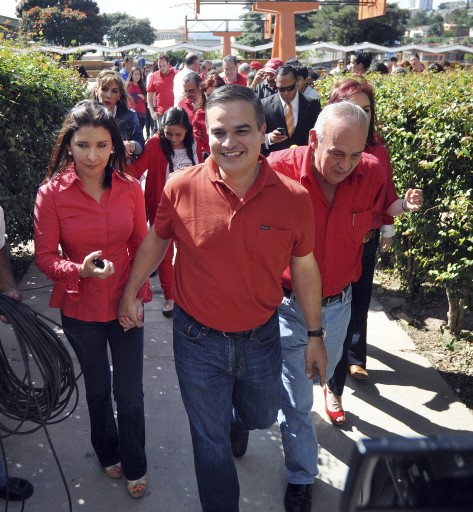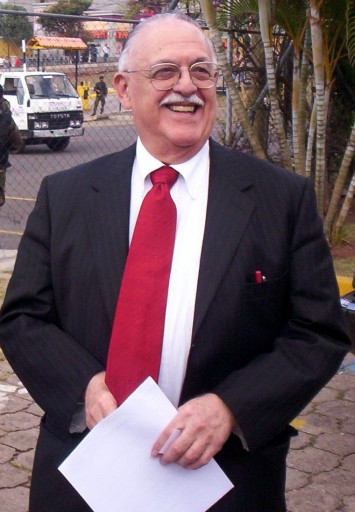
Tegucigalpa – The Honduran government on Wednesday seized 19 businesses belonging to Grupo Continental and five homes of company vice president Jaime Rosenthal and two other relatives accused by the United States of money laundering.
The government said in a statement that it wants to prevent the transfer of assets during the investigation.
Hundreds of police, soldiers, judges and prosecutors participated in the actions in five provinces across Honduras.
On Oct. 7, the U.S. Treasury Department announced that Rosenthal, his son Yani Rosenthal and nephew Yankel Rosenthal along with the varied businesses of Grupo Continental had been designated under the Kingpin Act. U.S. prosecutors accuse them of laundering money for Central American drug traffickers.
The Rosenthals have denied the allegations.
Yankel Rosenthal was arrested in Miami and this week agreed to be transferred to New York where the indictment was issued.
The government is also forcing the liquidation of the family’s Banco Continental. On Wednesday, furious clients demanded their savings and blocked some streets.
“We aren’t drug traffickers, we want our savings!” they chanted outside the bank’s largest office in Tegucigalpa.

“I’m outraged,” said Joaquin Velasquez, a civil engineer. “Everything I’ve made professionally is in this bank … I don’t know what to do.”
He did not know when he would receive his savings, who would give them to him, whether they would come via electronic transfer or check or whether they would arrive in one lump sum or various payments.
Evasico Asencio, who the government put in charge of liquidating the bank with some 220,000 clients, said, “All of the funds are guaranteed and everyone will be paid everything.”
Ethel Deras, president of the National Banking and Insurance Commission, said the return of customers’ deposits would be done alphabetically and each would be able to withdraw up to $9,600 from four other banks.
The returns would begin this week with the smallest depositors, she said. She added that U.S. authorities gave the government one hour of advance notice before announcing the indictment against the Rosenthals.
As reported by Vos Iz Neias
